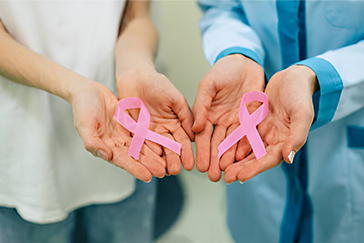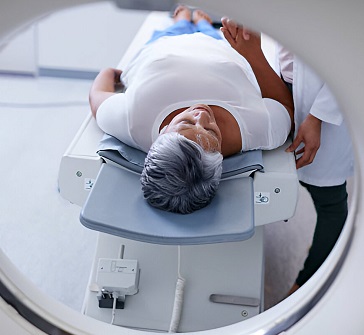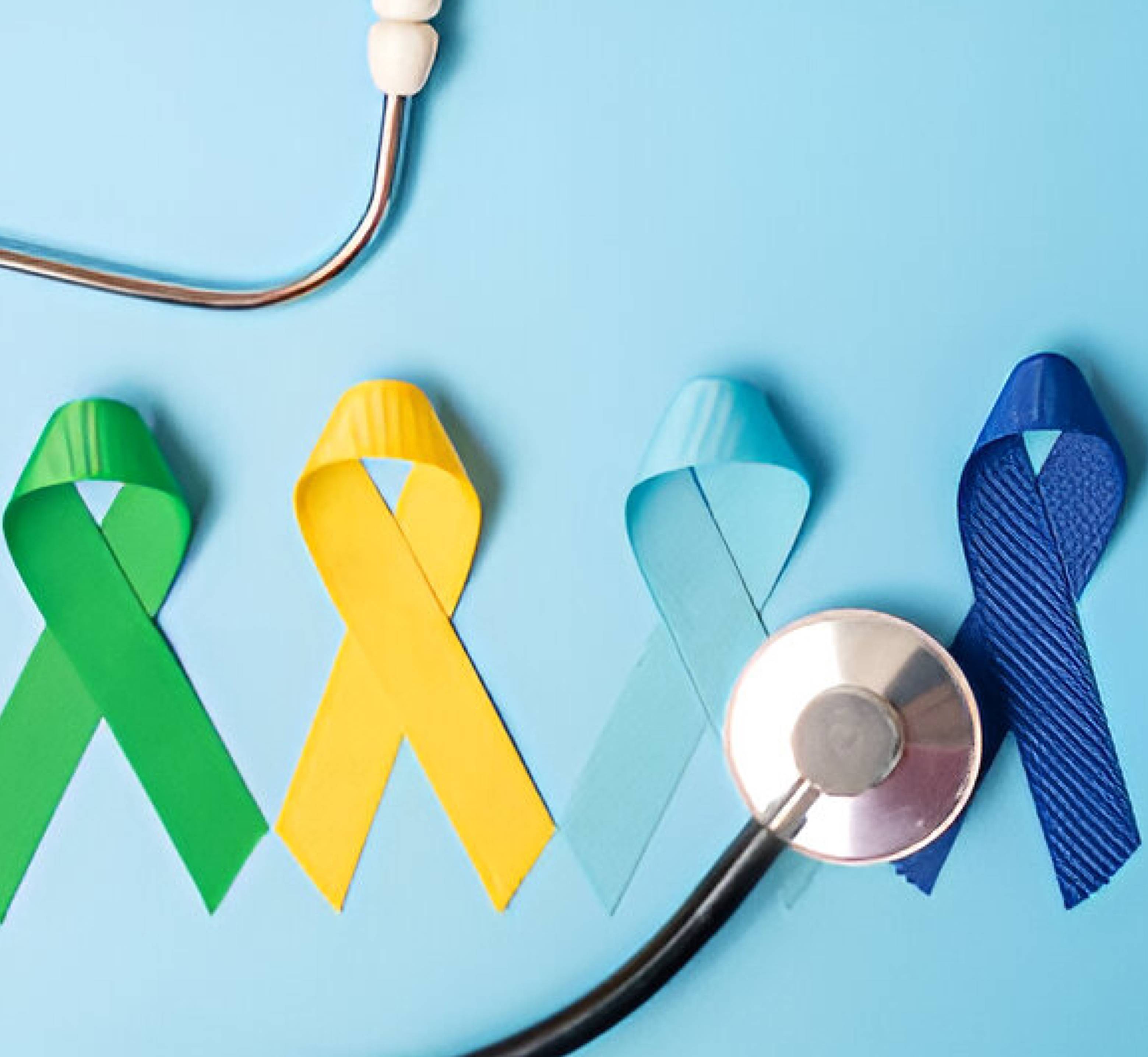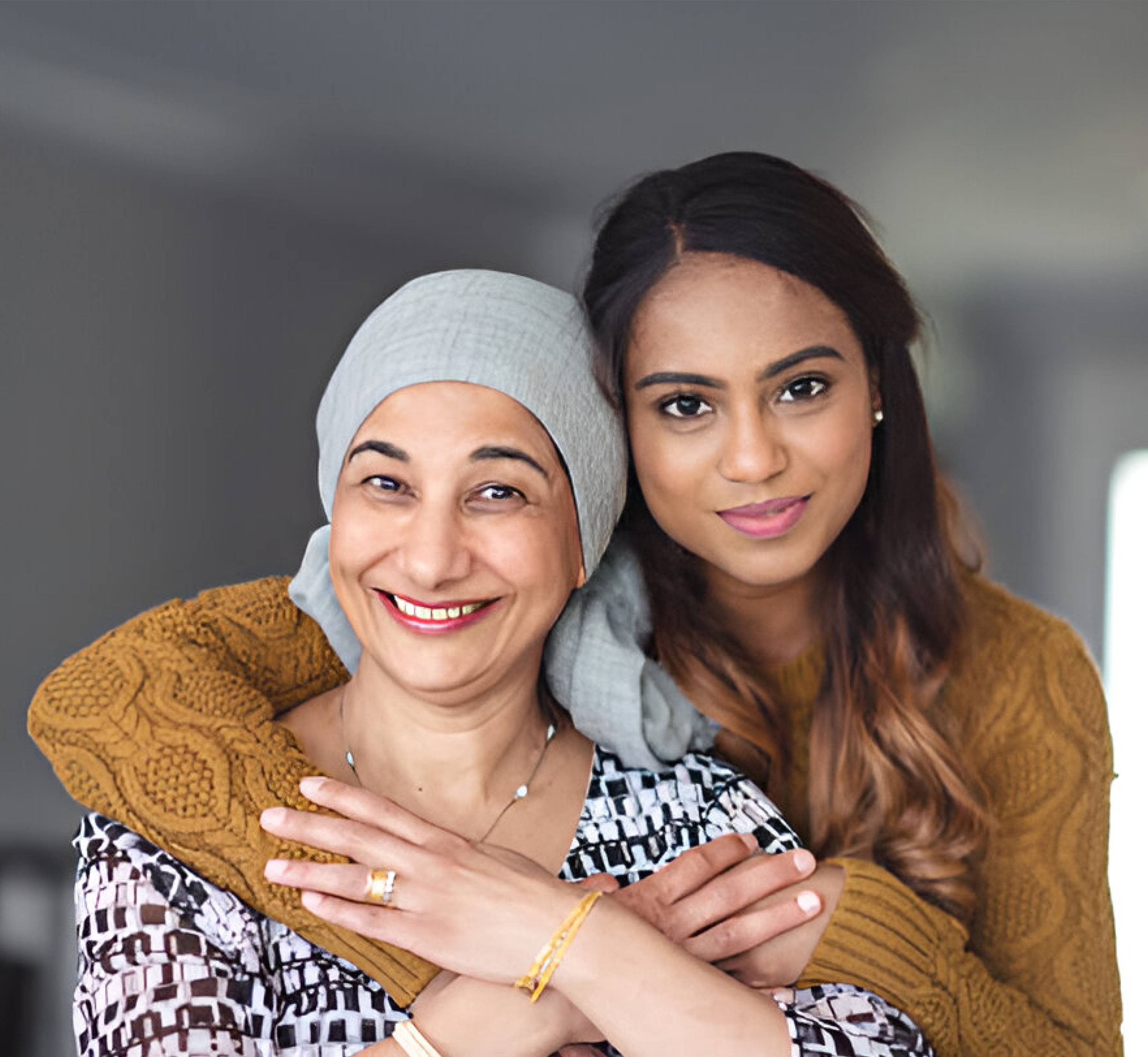 Book Appt.
Book Appt.
 Call Now
Call Now


Acute lymphoblastic leukemia (ALL) is a rare blood malignancy that attacks white blood cells known as lymphocytes. ALL can affect anyone of any age, although children under the age of 15 and adults over the age of 50 are more likely to develop the disorder. While ALL is a serious disorder, modern treatments, such as long-term chemotherapy, can cure children with the disease, and others are living longer lives with it.
Symptoms
Most symptoms appear abruptly and affect both children and adults. Common early symptoms include:
Causes
Researchers continue to identify genetic mutations (changes) that cause ALL. Young children with ALL may have experienced genetic alterations before birth. Some people have ALL because they inherited conditions that raise their risk of contracting the disease. ALL in adults has been associated to several carcinogens, especially tobacco.
Diagnosis
Your healthcare professional assesses your symptoms, checks your medical history, and conducts a physical examination. If they suspect ALL, they may perform the following tests, including those for genetic changes:
Treatment
ALL can be treated with long-term chemotherapy, targeted therapy, immunotherapy, or stem cell (bone marrow) transplantation. Adults and children with ALL may receive different cancer medications and treatments.
Chemotherapy
Chemotherapy is used as an initial or first-line treatment for ALL. People with ALL get chemotherapy in four stages. The therapy goal is to put everyone into complete remission. (Complete remission occurs when treatment eliminates your symptoms and testing reveal no evidence of cancer.) Chemotherapy for ALL usually lasts several months, if not years, and involves high dosages of cancer-killing medicines. Patients taking chemotherapy for ALL should consider palliative care to assist in alleviating treatment adverse effects. ALL chemotherapy includes:
Targeted therapy: Targeted therapy targets certain genetic alterations. Chromosomal mutations occur in approximately 25% of adults and some children with ALL. Tyrosine kinase (TKI) therapy is now used in the treatment of ALL in children and adults with a specific mutation known as the Philadelphia chromosome. TKI treatment inhibits an enzyme necessary for ALL development. TKI therapy eliminates all cells, allowing your body to return to normal blood cell production.
Immunotherapy: Immunotherapy stimulates your body's own immune system to attack cancer cells. CAR-T cell or monoclonal antibody therapy may be used as immunotherapy for ALL.
Radiation therapy: To treat recurrent ALL or ALL that has not responded to chemotherapy, healthcare providers may recommend radiation therapy. Recently, doctors have employed radiation therapy to treat ALL that has spread (metastasized) to people's brains or spinal fluid.
Allogeneic stem cell (bone marrow) transplantation: When other treatments fail to remove ALL, a healthcare provider may recommend allogeneic stem cell (bone marrow) transplantation to people with acute lymphoblastic leukemia.
Prevention
No, it cannot. Children with ALL develop the disorder as a result of genetic alterations that occurred prior to their birth. However, adults with ALL may be able to reduce their risk by avoiding carcinogens like nicotine and hazardous chemicals.
Conclusion
Acute Lymphoblastic Leukemia (ALL) is a fast-growing blood malignancy that requires early treatment. While the disease can be severe, advances in treatments, including chemotherapy, stem cell transplants, and targeted therapies, have significantly improved survival rates, particularly in youngsters. Early detection and treatment are critical to better outcomes, so if you or someone you know is suffering symptoms such as exhaustion, fever, unexplained bruises, or enlarged lymph nodes, seek medical assistance right away. Many people who have been diagnosed with ALL can achieve remission and live normal lives if they take the appropriate approach. Visit SHALBY Sanar International Hospitals to learn more.
SHALBY Sanar International Hospitals provides extensive medical procedures backed up with our state-of-the-art technology and a team of highly qualified & experienced clinical experts.

Grade 2 Endometrium Cancer | Ms. Robiyakhon | Uzbekistan | Dr. Archit Pandit | SHALBY Sanar

Male Breast Cancer Recovery Story | Dr. Archit Pandit | Cameroon | SHALBY Sanar

Ms. Nafisa’s Inspiring Breast Cancer Recovery | Dr. Archit Pandit | Uzbekistan | SHALBY Sanar International Hospitals

Stage4 colon cancer is curable - Colon cancer with liver metastasis | Kenya | Dr Archit Pandit

Patient from Kenya Treated by Dr. Archit Pandit | SHALBY Sanar International Hospitals

Double Cancer Victory: Mrs. Salma Kapoor's Inspiring Recovery Story | Dr. Archit Pandit

Patient from Uzbekistan Treated by Dr. Archit Pandit | SHALBY Sanar International Hospitals

Patient from Uzbekistan Treated by Dr. Archit Pandit | SHALBY Sanar International Hospitals

Successful Carcinoma Buccal Mucosa Surgery of a Patient from Nigeria by Dr. Archit Pandit

Successful Colon Cancer Surgery of Mr. Faraidun Kaka Bra Amin Amin's from Iraq | Dr Archit Pandit

Miraculous Recovery of a patient from Uzbekistan battling Ovarian Cancer | Dr. Archit Pandit

Successful Cancer Detection & Surgery by Dr. Archit Pandit | SHALBY SHALBY Sanar International Hospitals

Successful Colon Cancer Treatment of a patient from Iraq by Dr Archit Pandit | Surgical Oncology

Successful Glottis Mass & Carcinoma Vocal Cord Treatment of a patient from Iraq by Dr Archit Pandit

Successful Stage 4 Colon Cancer Treatment of a patient from Kenya by Dr Archit Pandit

Surviving the Odds: 56-Year-Old's Journey with Recurrent Carcinoma Vocal Cord | Dr. Archit Pandit

Surviving Recto-Sigmoid Cancer: Mr. Syamand Ahmed's Inspiring Journey

Success Story: Iraqi Patient's Liver Tumour Treatment at SHALBY Sanar International Hospitals

Cytoreductive Surgery Success: Iraqi Patient's 30cm Ovarian Tumor Removed Safely

Beating Liver Cancer: Mr. Abdirashid's Inspiring Story

Ms. Nejood's Success Over Pancreatic Cancer: A Remarkable Journey

Transforming Smiles: Revolutionary Buccal Commando Procedure

Wide Local Excision Surgery & Microvascular Reconstruction of a Cancer patient

Successful Surgery of Esophgeal Cancer

Successful Lung Cancer Surgery of Ms. Jerioth Wanjiru from Kenya

Para Thyroidectomy on Pt Jawad Kadhim Tweli from Iraq

Dr Archit Pandit discusses the fascinating case of Geeta Rani
Our doctors pen down their research findings and experiences from time to time. Their words provide deep insight into the latest techniques, technologies and other advancements in healthcare. It provides expert answers to all kinds of health questions for real-life issues.
VIEW ALL




Since the day of its foundation, SHALBY Sanar International Hospitals is committed to provide comprehensive healthcare services. It regularly organizes awareness programs in its premises and encourages outdoor healthcare activities and camps with an intent to put focus on preventive healthcare.
VIEW ALL